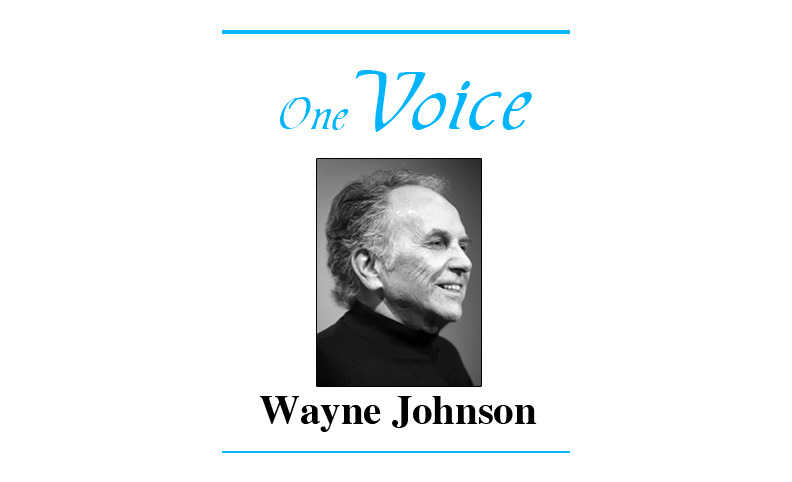
In all the news reporting about Afghanistan fiasco, the spread of the COVID-19 Delta variant, and scandals on The Bachelorette, an item that quickly passed by was the death of Charlie Watts. I told my wife he’d died and she said, “Who?”
Not a surprise. There are probably a lot of people, mostly younger, or not rock, fans, who didn’t recognize the name of the Rolling Stone’s drummer because Charlie was the quiet, unassuming member of the group. He stayed out of the limelight, didn’t do drugs, and was married to his wife, Shirley, for more than 57 years. What the heck was the matter with him?
I first saw the Rolling Stones in concert at the old McCormick Place in Chicago for a $2.50 ticket. The reason I even went was because while they were in Chicago, they had stopped at King Records, my group’s (not mine literally; I was just a lowly member) recording studio. The Stones and their manger were looking for a smaller American record company where they could record and break in to the American market.
King turned them down because, being mainly an R & B (rhythm and blues) company with names such as Hank Ballard and James Brown (not only the names, but the actual artists, too), they already had a white-boy rock group, us, and didn’t need another one. So the Stones and company went across Michigan Avenue to Chess Records and they were signed. This event was later recreated briefly in the film, Cadillac Records, starring Adrien Brody and Beyoncé, among others. I was curious to see what the Stones were all about, so I bought a ticket.
During one long instrumental interlude in a tune, Bill Wyman wandered off stage right, stretching his springy guitar cord to the max, and sat on a chair in the wings. Keith Richards took off stage left, and Mick Jagger pranced about banging a tambourine. Brian Jones stood back by Charlie, who now became the focus as he sat doing his drummer job. He had no choice because he couldn’t get up. That was probably the closest quiet Charlie ever got to being the center of attention.
The next time the Stones were in town, I splurged for the $3.50 tickets and took my new girlfriend to the McCormick Place show. I had a brand new week-old Bonneville convertible, which I’d parked, roughly halfway to Milwaukee, in the expansive parking lot, with the top down (you could do that in those days without worrying that when you returned what was once your car was now an unrecognizable metal skeleton). Afterwards, when I tried to start the car, the battery was dead; I’d left the headlights on. Of course, I instantly panicked, but, regaining my composure, noticed the lot was on a bit of a slope. My car had a four-speed floor shift, so I put it in first, started it rolling with my foot out the door on the asphalt, popped the clutch, and we were on our way.
But I digress. This whole section started out as a Goodbye, Charlie Watts, so “Goodbye, Charlie.” Thanks for the memories.
• Here’s a parable I’ve adapted from ancient cave writings, druid translations, and bus stop shelter ads, for all our religious antivaxxer friends out there:
Once upon a time, Jill hurried over to her friend Bill’s house and knocked on the door, informing Bill that a free Moderna mass vaccination site was open and he should come with her to get a COVID vaccination. Bill was a religious man and said no, he’s praying to the Lord and trusting in Him for protection. A couple of weeks later, Jill phoned Bill to let him know a free Pfizer (makers of Viagra, so what could go wrong?) mass vaccination site had opened and he should get vaccinated while he had the chance. Bill again said no, he’d lighted a candle in church said a prayer, and he knew God was watching and would protect him from the pandemic.
A few more weeks passed, during which many persons were hospitalized and died from the pandemic. Jill, wearing her mask, knocked on Bill’s door to convince him to get a recently approved Johnson & Johnson vaccine, just like he did with his yearly flu shot. Bill said no, he’d been praying regularly and believed, “Ask and you shall receive.” He was confident God would protect him.
Days later, Bill caught the virus and died while waiting for a bed in the town’s overcrowded hospital. When he came face-to-face with God in the afterlife, he said, “God, what happened? I prayed, I implored You for protection. I put all my faith in You to protect me and You didn’t.”
God said, “Oh, but I did. I sent you protection. I sent you three vaccines.”
Wasn’t that lovely? If there is any moral to be gleaned from this parable, it’s probably, “Many people are their own worst enemies.”
• A final note: A man in Texas, 30-year-old Caleb Wallace, who led rallies against vaccinations, masking, and COVID-19 restrictions and mandates, died of COVID-19 while on a ventilator the other day.
No comment.

